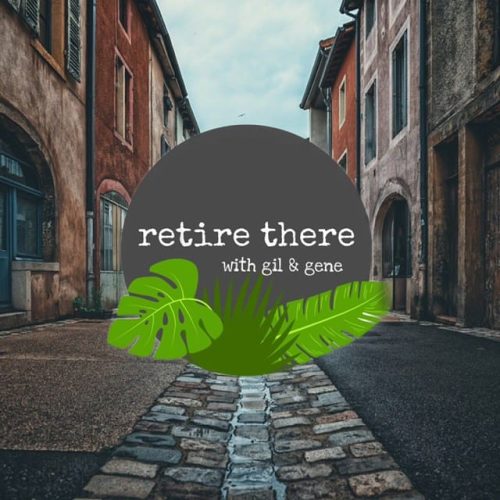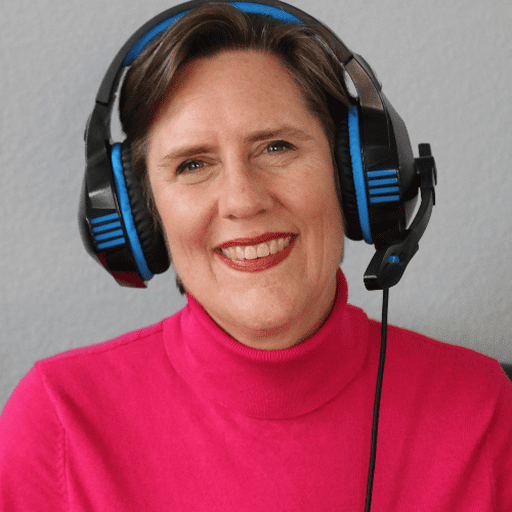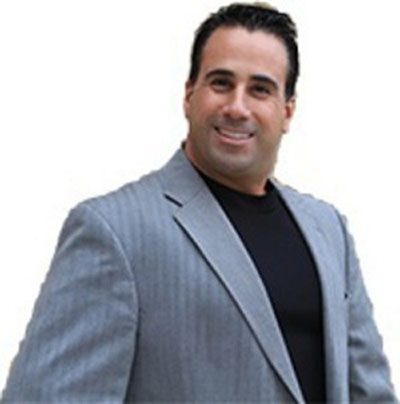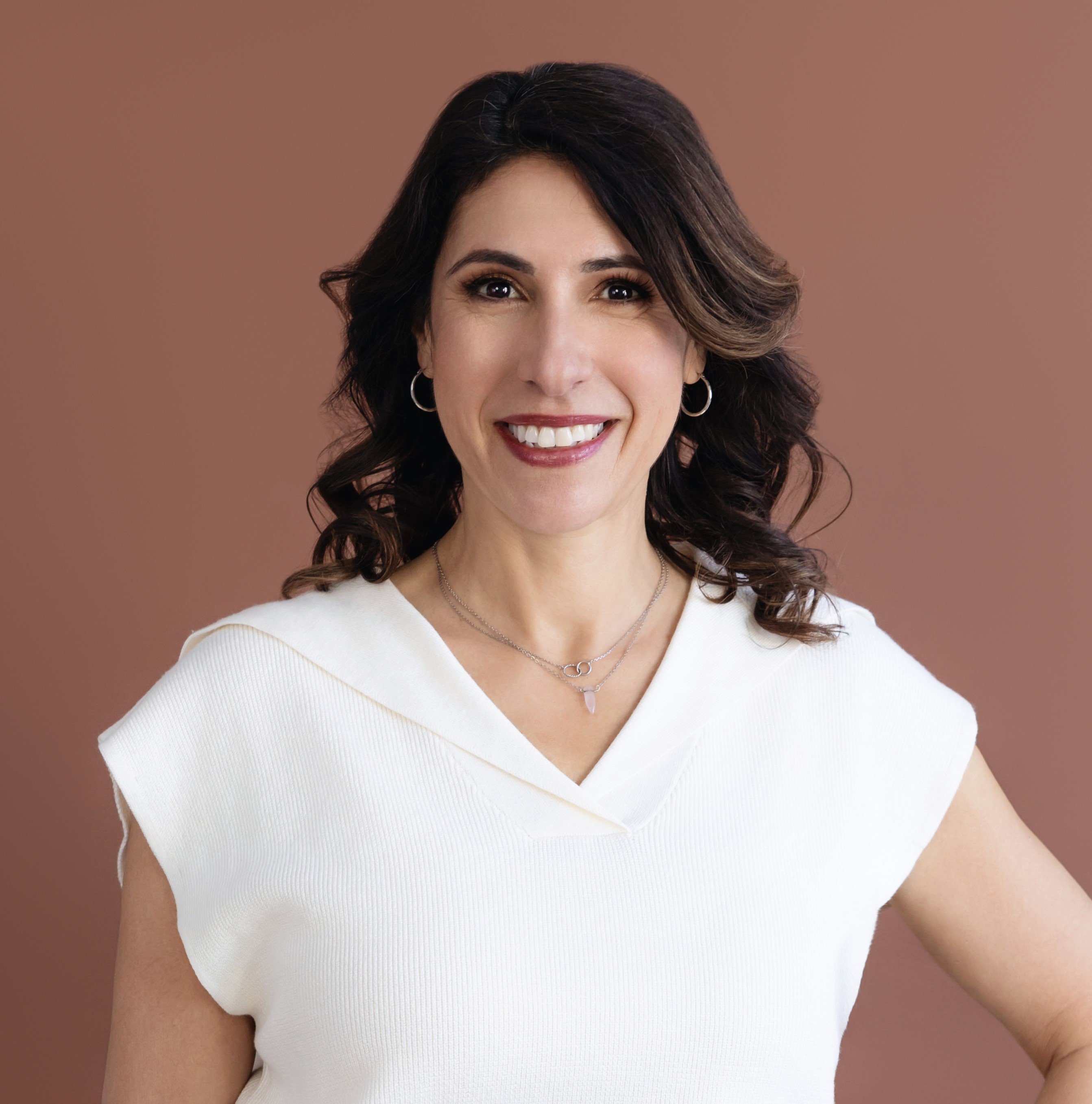How Gen Z’s Work Values Differ From Older Generations

Each wave of professionals entering the workforce has brought its own set of values and expectations. Today, the tide is turning toward Gen Z, a demographic known for its unique blend of digital prowess, social Consciousness, and high career expectations. For leaders and managers, understanding and aligning with this new generation’s work values is critical to fostering a dynamic and harmonious workplace. Continue reading to explore how Gen Z’s work values differ from those of older generations.
Understanding Gen Z’s Work Ethic
Gen Z, often defined as those born between the mid-1990s and the late 2000s, is the first fully digital generation. They’ve grown up with Technology as an extension of themselves, which has profoundly shaped their priorities and perspectives on work. Gen Z sees a job as a paycheck and a platform to express their identities, values, and creativity.
This emphasis on meaning translates to a desire for jobs where they can make a difference. They like roles and organizations that are socially responsible and will often research a company’s values and commitment to sustainability before deciding to apply. The allure of flexibility, such as remote work, is strong, although the office still holds appeal as a hub for collaboration and community.
Bridging the Generational Gap
Older generations typically want job stability and hierarchical career progression. Gen Z, however, places a premium on entrepreneurial opportunities and a horizontal organizational structure that allows them to contribute meaningfully from day one.
An interesting point of contrast is the approach to corporate events. While older generations might tend to see such events as mandatory formalities, Gen Z views them as critical for networking, professional development, and social cohesion. They thrive on team-building activities and events celebrating employees’ achievements, turning corporate gatherings into occasions for genuine connection.
Leadership for the Future
For managers and leaders, the challenge lies in creating an environment that harnesses these diverse work ethics. This creation could involve a shift toward more cross-functional teams, where you emphasize goals over individual accolades. It means creating corporate events for younger generations should be mentorship programs that offer a clear path for Growth, even without traditional hierarchical structures.
Leaders must be willing to adapt. Mentoring programs that pair younger employees with experienced professionals can facilitate knowledge transfer, exposing Gen Z to career paths and contexts they might have yet to consider. Ultimately, it’s about finding the balance between honoring the traditions that have served workplaces well and innovating to fit the unique needs of this new generation.
Leaders can create work environments that inspire and foster growth across multiple generations by recognizing how Gen Z’s work values differ from older generations. This evolution is driven by cultural shifts and technological advancements, and the companies that can surf this wave will find themselves at the forefront of Innovation and success.
Originally Published on https://www.breakfastleadership.com/























